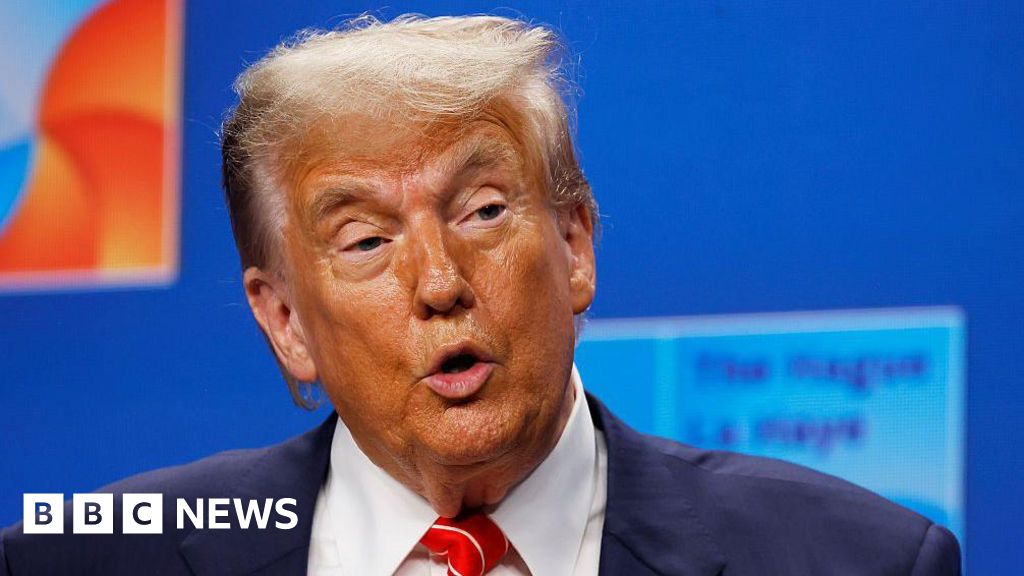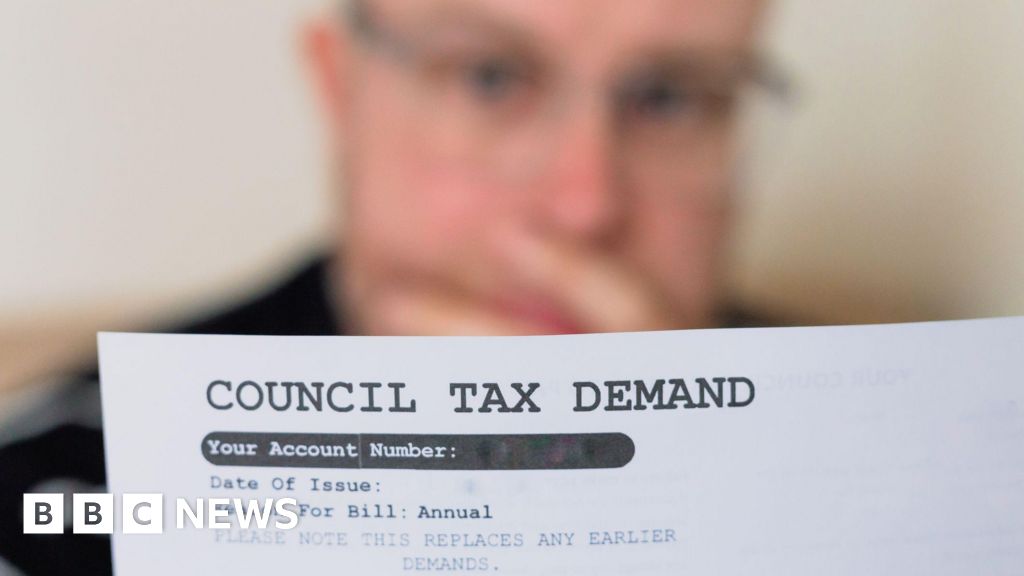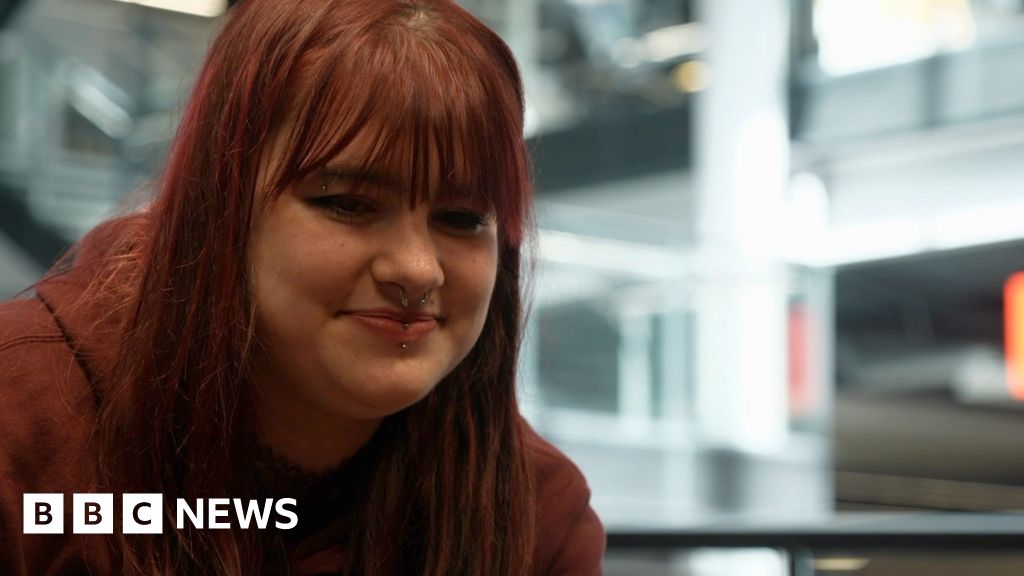Standard Chartered reported better than expected pre-tax profits as higher interest rates and increased trading income boosted the lender.
The UK-based bank said on Wednesday that it made statutory pre-tax profits of $1.8bn in the first three months of the year, beating analysts’ expectations of $1.4bn.
Its underlying pre-tax profit of $1.7bn was its highest quarterly figure since the start of 2014, the bank said.
The bank’s performance “has been achieved in what continues to be an uncertain environment”, said Standard Chartered chief executive Bill Winters. “We remain optimistic about our continued strong performance.”
The earnings follow a tumultuous period in the banking industry during which Credit Suisse was taken over by its rival UBS and Silicon Valley Bank collapsed.
Winters said last month that those failures had “very profound implications . . . for the way banks manage themselves” since the collapsed lenders “would appear to have been solvent”.
He stressed on Wednesday that Standard Chartered was “highly liquid and strongly capitalised”. The bank said customer deposits had been stable despite what it described as “recent banking stress”.
Standard Chartered’s pre-tax profits in Asia rose 63 per cent, while the bank’s business in Europe and the Americas swung to an $18mn loss. Although the bank is based in the UK, it makes most of its profits in Asia.
The bank’s underlying return on tangible equity, a measure of profitability, rose to 11.9 per cent.
SC Ventures, the venture capital business set up by the bank in 2018, reported a $103mn loss, worse than the $77mn it lost in the same period last year. The bank said this was because of its “investment in transformational digital initiatives”.
Its wealth management income, where growth has been a priority, was “broadly flat” on a constant currency basis, the lender said, though it had rebounded in Hong Kong and mainland China as Covid-19 restrictions eased. Income from secured lending in its wealth management business nearly halved as customers cut back on borrowing, it said.
Standard Chartered has been seeking to shore up support among its shareholders after First Abu Dhabi Bank said in January that it had considered a bid for the London-listed bank but was no longer pursuing it.
UK takeover rules prevent FAB from making a bid before July, but several people close to the lender have told the Financial Times that it could revive a deal after that date.
The potential move places pressure on Winters, now in his eighth year in charge. When the bank reported full-year earnings in February, Winters unveiled a $1bn share buyback and said the bank was “very happy to be here accomplishing our mission all by ourselves”.
Credit: Source link











